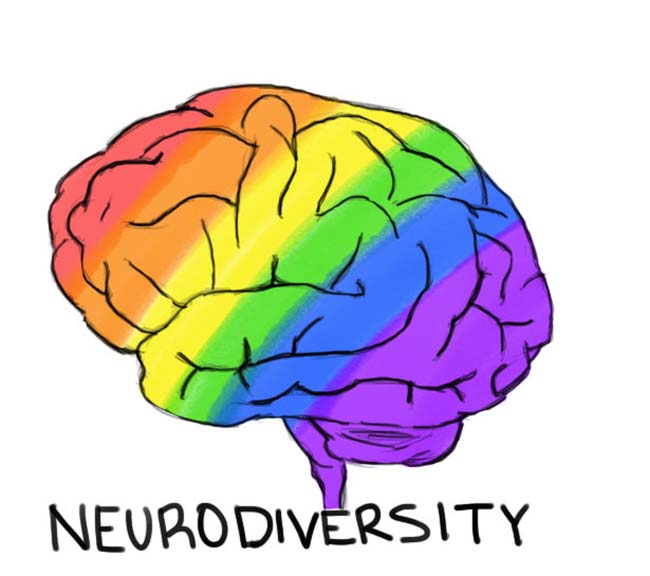We love to talk about diversity at the College of William and Mary. It is how we promote ourselves to the world; it is how we welcome and engage with different people. When we think of diversity, we usually think of nationality, socioeconomic background, ethnicity, race, sexual orientation and political and religious beliefs. What most people do not consider and what no one considered until the late 1990s is the concept of neurodiversity, which encompasses mental disorders such as autism and Asperger’s. Instead of treating people with these disorders as necessarily sick and in need of treatment, we should seek to better understand and appreciate their unique abilities and perspectives.
Part of accepting neurodiverse students is realizing they perceive the world in ways that can alienate them from others. The website www.autismspeaks.org states one of the main characteristics of autism “is a tendency to engage in repetitive behaviors” with a focus that often surpasses that of the non-neurodiverse person. People with autism have difficulty communicating verbally and reading social cues, making it harder for them to connect with people. Many have difficulty looking at things from another’s perspective and thus have trouble predicting other people’s behavior. Often, people with autism struggle with controlling their emotions and may have outbursts at inappropriate times. Those who do not understand their condition may misinterpret them as mean or indifferent. To a lesser extent, people with Asperger’s, an autism spectrum disorder, have similar difficulties with social interaction and empathy. One significant difference is that Asperger’s is extremely difficult to diagnose, with many people, including the College’s scholar-in-residence, John Elder Robison, learning of it later in adulthood.
Neurodiversity can hinder one’s ability to function in an educational environment that values social interaction and jumping from one activity to another. It would be a shame for the College to lose these students; their conditions aside, their capability for intense focus has enormous potential in all fields. Many of the greatest contributors to science, literature, music, industry and politics were neurodiverse or highly suspected of being neurodiverse. Albert Einstein, Mark Twain, Beethoven, Henry Ford and Abraham Lincoln, for instance, all fall or potentially fall into the neurodiverse spectrum.
We commend the College for leading the Neurodiversity Initiative through the Neurodiversity Working Group, a network of students, professors, administrators and alumni that raises awareness for neurodiversity and advocate for neurodiverse students. As a public ivy, it is our responsibility to recognize and cultivate ability, even if it does not fit society’s traditional mold. Working to accommodate neurodiverse students while helping them reach their full potential will benefit them, the College and all of society.
Non-neurodiverse students should respect both the struggles and the incredible talents of neurodiverse students. Because it is highly unlikely someone with autism or Asperger’s is going to announce to you that he or she has a disorder, be sensitive to people who appear to have difficulty socializing or behave in ways that seem to deviate from the norm. Until you find out why, you really don’t know what’s going on in their mind and what battles they may be fighting.

